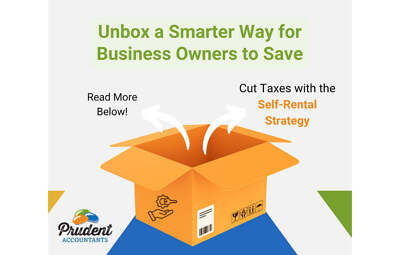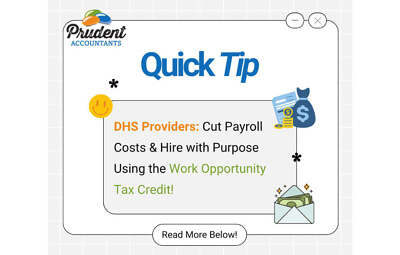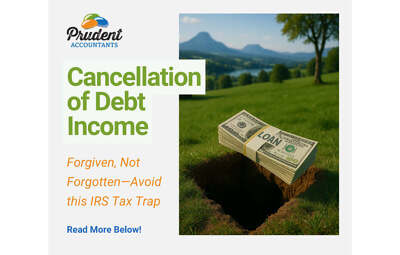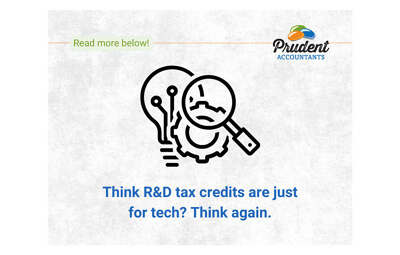Understanding Sales Tax on Discounts and Coupons in Minnesota
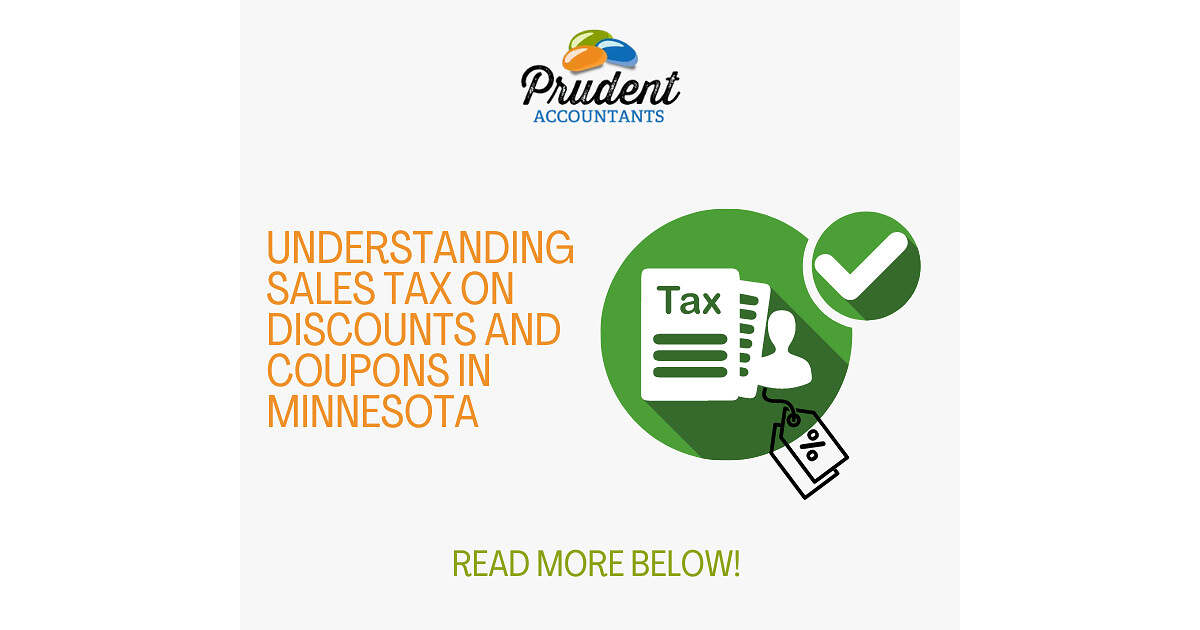
Sales Tax on Discounts and coupons are common practices used by businesses to offer customers reduced prices on prepared food and drinks. However, it is important for both businesses and customers to understand how tax applies in these scenarios. Let’s explore the details and guidelines provided by the Minnesota Department of Revenue.
Discounts and Coupons:
Discounts and coupons provide customers with the opportunity to purchase prepared food and drinks at a reduced price. The Minnesota Department of Revenue provides specific examples of discounts and coupons to help clarify the taxability of different scenarios:
- Buy one, get one free meals
- 50% off the purchase of the second entrée
- Free drink with the purchase of an entrée
- Free child meal with the purchase of an adult meal
Charging Sales Tax:
The determination of what price to charge sales tax on depends on whether you, as a business, are reimbursed for the discount or coupon being redeemed.
If You Are Reimbursed by a Third Party:
If you receive reimbursement from a third party for the discount or coupon being redeemed, you should charge tax on the total sales price before subtracting the discount amount. In this case, the sales tax is calculated based on the original price before the discount is applied.
If You Are Not Reimbursed by a Third Party:
If you are not reimbursed by a third party for the discount or coupon, you should charge tax on the sales price after subtracting the discount amount. In this scenario, the sale tax is calculated based on the reduced price after the discount is applied.
Online Discount Vouchers and Coupons:
In the case of online discount vouchers and coupons, customers typically purchase them online and then redeem them at the retailer to avail of the discount. Here are the guidelines provided by the Minnesota Department of Revenue:
If You Know How Much the Customer Paid for the Voucher:
If you have knowledge of the exact amount paid by the customer for the discount voucher, you should charge sales tax based on that amount. The tax will be calculated on the discounted price paid by the customer.
If You Don’t Know How Much the Customer Paid for the Voucher:
If you do not have information about the amount paid by the customer for the discount voucher, you should charge tax based on the face value of the voucher. The sales tax will be calculated on the full value of the voucher.
Understanding the sales tax implications of discounts and coupons is essential for both businesses and customers in Minnesota. In this blog post, we have outlined the guidelines provided by the Minnesota Department of Revenue regarding charging sales tax on discounted transactions. It is important to remember that the taxability may vary depending on whether you are reimbursed by a third party and whether the discounts or coupons are purchased online.
For more detailed and up-to-date information, we recommend referring to the official resources and guidelines provided by the Minnesota Department of Revenue Discounts and Coupons | Minnesota Department of Revenue (state.mn.us). Get in touch with Prudent Accountants and stay informed and compliant with sales tax regulations to ensure a smooth and accurate business operation.

